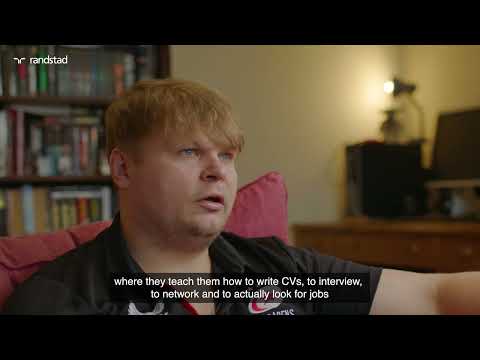You’ve given it plenty of thought and decided that it’s time for a career change. After finding a new role which you really like the sound of, you notice that your experience doesn’t match up with that required by the employer. Don't be put off - it can be tough, but not impossible.
Here's how to start a new career you have little or no experience in;
- Network
- Research
- Highlight your existing experience
- Don't forget your soft skills
- Be willing to learn
Can you get a job without any work experience?
There are numerous actions you can take to help show you’re the right person for the role. These include highlighting your transferable skills and showing you are willing and ready to learn. This will help work towards forming a convincing argument for why you should be given the opportunity to show what you can do, and how your expertise can add value to your new employer.
Networking.
It is important to make connections and network with key figures within the industry you’re looking for a new career in. This can be your starting point and also a chance to learn a huge amount from those already established in the field. It's worth connecting with relevant individuals on LinkedIn as a starting point.
Make sure you have subscribed to industry publications, as it is important to keep up-to-date with the latest news. This will give you valuable insight into the sector and the knowledge you need to impress the professionals during your interview.
Marketing software firm Hubspot examined the advantages of joining LinkedIn groups, highlighting the fact that if you belong to the same group as someone, “you can bypass the need to be a first-degree connection in order to message them” as well as “view the profiles of other members of the same group without being connected”.
Do your research.
Find out what successful people within the sector do. If you’re deciding to apply for a certain job, a good idea is to research who the most successful people are within that area, this is a way to find out what they all have in common. You’ll now have insight into what skills and traits you should be highlighting in your application. There are plenty of podcasts interviews from thought leaders and influencers which are free to access and provide great insight.
Highlight your relevant experience.
By acknowledging someone who is successful within the industry, and seeing what they have done to achieve such success, it can help you to identify the relevant experience you already have. You may not have done the job before, however there will most likely be elements of it you have and transferable skills that you can directly apply.
It is important you communicate your skill-set by highlighting what you’ve previously learnt through your past career or education, and how it is relevant to the job you’re applying for. For example, if a central part of the role involves fundraising, and previously you were responsible for finding the money for your team’s projects, you’ll have something to talk about with the hiring manager.
If you can show that you’ve carried out some of the most important duties associated with the job, you’ll be demonstrating your transferable skills and abilities. This can be perceived as being equally valuable to having done the job before, so it’s essential to use this to your advantage.
Don’t forget your soft skills.
Soft skills are important to all employers regardless of the role. Every business needs their staff to be able to communicate well, or be able to contribute to a team. Soft skills are required for every job and therefore it is just as important to show you have the necessary skills. You’ll then already be in a better position than other candidates who may have the hard skills, but lack your capabilities.
Highlight how you have used these skills practically, to contribute towards your employer’s financial gain. This will be even more relevant, engaging, and allow you to prove your value to hiring managers.
Be willing to learn.
No doubt when starting out in your career or education you had to learn a lot of new information. This is valuable experience, since you’ll have to do it again if you go through with a career change.
You should market yourself as adaptable and enthusiastic to learn. By demonstrating this you’ll be gaining an advantage, as technological advancements in most sectors are ensuring things don’t stay as they are, and are always developing. If you can show that you’re ready to challenge yourself by learning something new and updating your skill set, you should see serious interest from hiring managers.
Whether you fancy a career change, are noticing signs you need a new job or have recently graduated and looking for a new role in a different sector, these top tips can help make a move in the right direction.
There are thousands of people across the country who have taken the leap to change careers for the better. Tom's story illustrates how it's possible to move on from the army to follow his passion land a role at the Saracens Foundation:
- For more information on the best career change jobs in the UK, visit our career changes resource hub:




